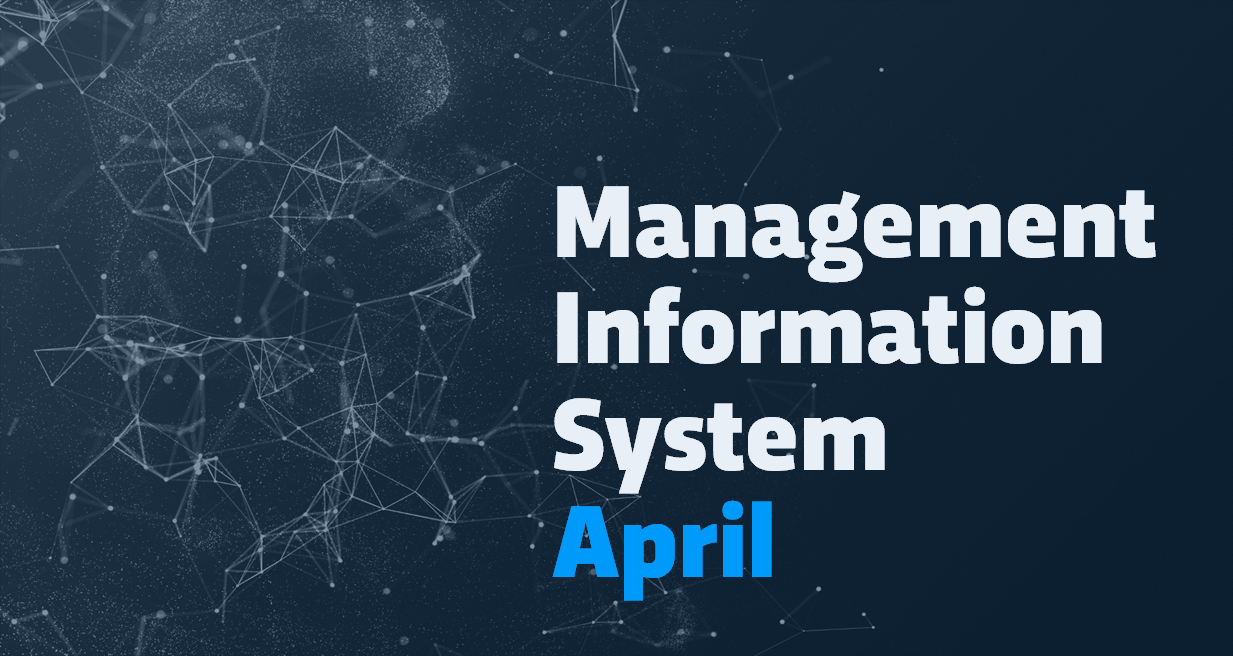
By: Alexander Gronwald | Manager & Data Analytics Expert
In our first blog post on the topic of “Management Information Systems (MIS) – Business Intelligence for SMEs”, we report on the benefits of implementing an MIS. In the next few articles, we will look at various topics related to business intelligence for SMEs and also talk about the challenges of implementation.
Especially in medium-sized companies, many processes have grown over time, but are often inefficient and no longer appropriate for the current size of the company. Business processes and key figures require clear definition and precise analysis in order to be able to carry out decision-making processes quickly and in a well-founded manner. Digitization is one of the most important optimization levers here.
𝐖𝐡𝐚𝐭 𝐚𝐫𝐞 𝐭𝐡𝐞 𝐚𝐝𝐯𝐚𝐧𝐭𝐚𝐠𝐞𝐬 𝐨𝐟 𝐚 𝐰𝐞𝐥𝐥-𝐢𝐦𝐩𝐥𝐞𝐦𝐞𝐧𝐭𝐞𝐝 𝐦𝐚𝐧𝐚𝐠𝐞𝐦𝐞𝐧𝐭 𝐢𝐧𝐟𝐨𝐫𝐦𝐚𝐭𝐢𝐨𝐧 𝐬𝐲𝐬𝐭𝐞𝐦? 💡
A Management Information System (MIS) provides decision makers at all levels of their organization with critical information that helps plan, manage and control business processes. On the way, business processes can be sustainably optimized and costs reduced at the same time.
🔎 𝐕𝐞𝐫𝐛𝐞𝐬𝐬𝐞𝐫𝐭𝐞 𝐄𝐧𝐭𝐬𝐜𝐡𝐞𝐢𝐝𝐮𝐧𝐠𝐬𝐟𝐢𝐧𝐝𝐮𝐧𝐠:
Ein implementiertes MIS trägt dazu bei, fundierte Entscheidungen auf Basis validierter Unternehmensdaten in kurzer Zeit zu treffen.
🎯 𝐄𝐫𝐡ö𝐡𝐭𝐞 𝐄𝐟𝐟𝐢𝐳𝐢𝐞𝐧𝐳:
Durch die Automatisierung von Geschäftsprozessen kann ein MIS dazu beitragen, die Effizienz im Unternehmen nachhaltig zu steigern.
🔏 𝐁𝐞𝐬𝐬𝐞𝐫𝐞 𝐃𝐚𝐭𝐞𝐧𝐪𝐮𝐚𝐥𝐢𝐭ä𝐭:
Als zentrale Plattform für das Controlling und Reporting wird die Datenqualität durch Konsolidierung aus unterschiedlichen Quellen gesteigert.
💰 𝐊𝐨𝐬𝐭𝐞𝐧𝐫𝐞𝐝𝐮𝐳𝐢𝐞𝐫𝐮𝐧𝐠:
Repetitive und manuelle Tätigkeiten werden reduziert und Prozesse zur Datenbereitstellung automatisiert, sodass Kosten gesenkt und die Wertschöpfung gesteigert werden können.
📈 𝐇ö𝐡𝐞𝐫𝐞 𝐖𝐞𝐭𝐭𝐛𝐞𝐰𝐞𝐫𝐛𝐬𝐟ä𝐡𝐢𝐠𝐤𝐞𝐢𝐭:
Entscheidungsträger können durch Echtzeitdaten schneller auf Veränderungen im Markt reagieren
Subscribe to our newsletter to stay up to date.